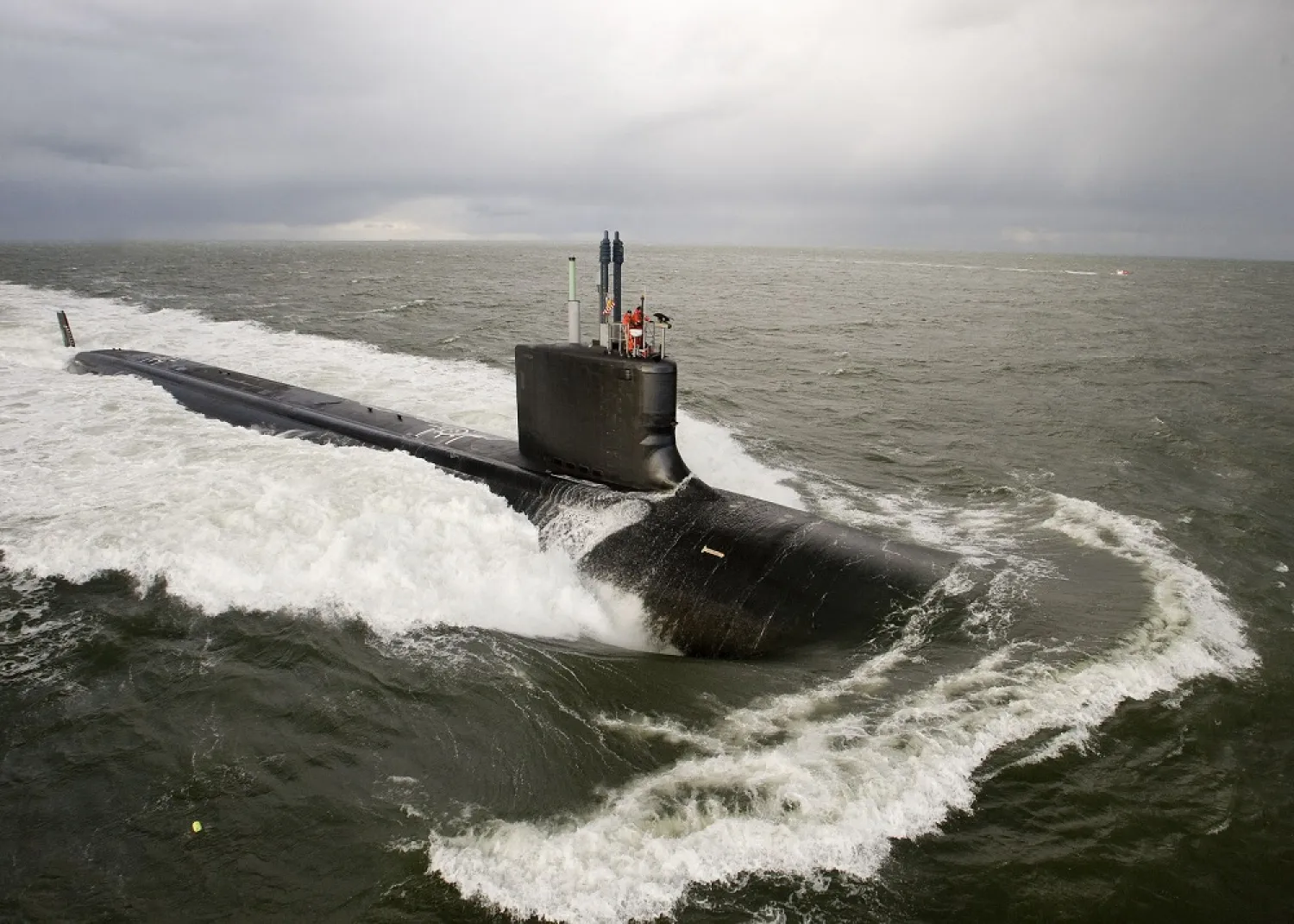The US military will reinforce deployments and bases directed at China and Russia, while maintaining forces in the Middle East adequate to deter Iran and extremist groups, the Pentagon said Monday, referencing results of a review.
The US Defense Department will be upgrading and expanding military facilities in Guam and Australia, underscoring its focus on China as the country's leading defense rival, officials said.
The details of the "global posture review," commissioned by President Joe Biden's administration early this year, would remain classified, the officials added, so as not to reveal plans to rivals.
The move comes in the wake of the formation of a new defense alliance between the United States, Britain and Australia -- dubbed AUKUS -- to counter a rising China, which has been building up its own navy and testing decades of US military dominance across Asia.
That pact was formed as Beijing solidifies its control over the disputed South China Sea and intensifies its military threats towards Taiwan, of which the United States is a key ally and arms supplier.
The review confirmed the priority region for the US military was the Indo-Pacific, said Mara Karlin, a top Pentagon policy official.
The review "directs additional cooperation with allies and partners across the region to advance initiatives that contribute to regional stability and deter potential military aggression from China and threats from North Korea," she told reporters.
In addition, it "strengthens the combat-credible deterrent against Russian aggression in Europe and enables NATO forces to operate more effectively," she said.
The Middle East, however, remains an area of flux for the Pentagon after the long wars in Iraq and Afghanistan.
Global responsibilities "require us to make continuous changes to our Middle East posture, but we always have the capability to rapidly deploy forces to the region based on the threat environment," Karlin said.
China's foreign ministry on Tuesday hit back at the review, accusing the Pentagon of "creating an imaginary enemy," and "sparing no efforts to encircle and contain China."
"We firmly oppose the United States' use of the 'China Threat theory' as an excuse to increase military spending and expand military strength and hegemony," foreign ministry spokesman Zhao Lijian said at a regular press briefing.
Rebuilding trust
However, a senior Pentagon official who declined to be identified downplayed any idea of radical shifts.
"In the first year of an administration, it's not the time when we would develop a major strategic-level change to our posture," the official said.
The official added that the Biden team felt the review necessary after the disruptive approach of his predecessor Donald Trump, who altered US commitments abruptly.
Under Trump, "there were oftentimes a devaluing of ally and partner input and engagement, which eroded US credibility and hard-won trust," the official said.
The officials declined to answer questions on how the global posture review sees US force presence in ongoing conflict zones like the Middle East, East and West Africa, and Eastern Europe.
But they confirmed previously announced plans to do more in Guam and Australia.
"In Australia, you'll see new rotational fighter and bomber aircraft deployments, you'll see ground forces training and increased logistics cooperation," said Karlin.
In Guam, the Northern Mariana Islands and Australia there will also be upgrades to airports and fuel and munitions storage facilities, she said.
Asked if the review foresaw more increases in the US presence in the Pacific region, Karlin said: "We're moving the needle a bit."
"And what I'd like to think is, over the coming years, you will see that needle move more," she said.









